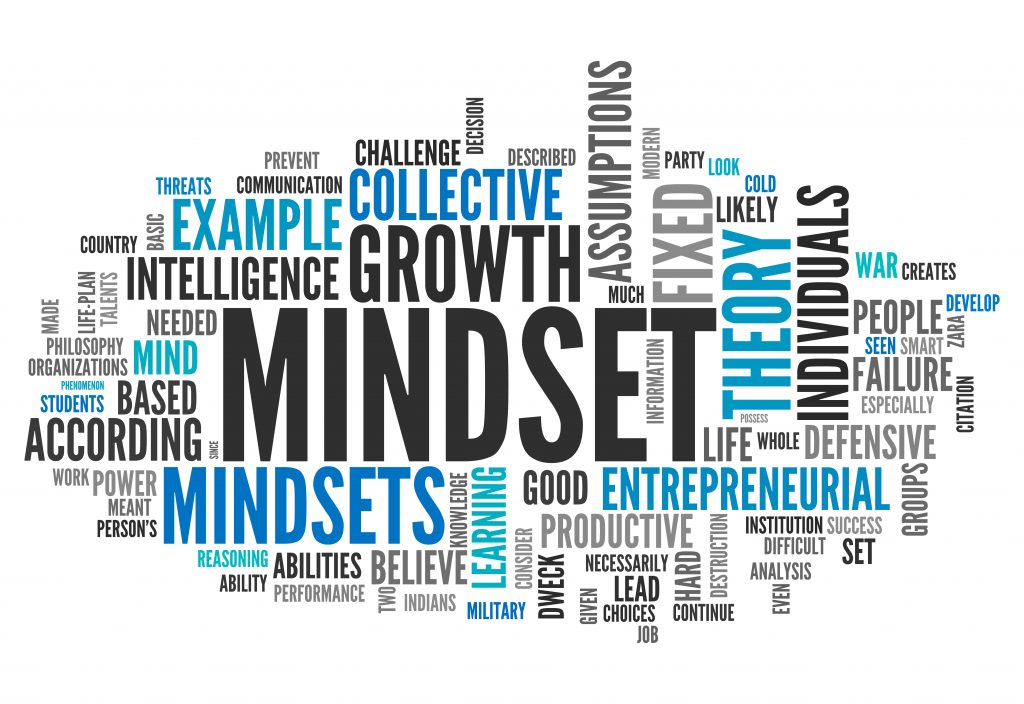As an organization, One with the Water practices the growth mindset approach in Peer-to-Peer, Coach-to-Client and Coach-to-Parent interactions. Our swimming lessons are taught using growth-mindset techniques. We witness transformative miracles in our clients, both in and out of the water, as they shift from a fixed mindset to a growth mindset. People with a growth mindset learn to love challenges, are intrigued by mistakes, and intentionally seek out new challenges. They have learned that their circumstances matter less than who they are.
Definition of a Growth Mindset
In a growth mindset, people believe that their most basic abilities can be developed through dedication and hard work—brains and talent are just the starting point. This view creates a love of learning and a resilience that is essential for great accomplishment. – Carol Dweck
In any given situation, how we choose to operate, whether from the lens of the growth mindset or the fixed mindset, makes all the difference in our ability to grow and change as individuals.
Dweck identified five key situations in which a person’s mindset has a significant influence on the outcome.
- Challenges: A difficult task one might encounter.
- Obstacles: Something that prevents progress in pursuit of a goal or achievement.
- Effort: The work put forth in the process of completion of a task, challenge, or goal.
- Criticism: A critical judgment from another.
- The success of others. Achievement or success achieved by another person; particularly coveted success.
Attributes of a Growth Mindset Oriented Person
Learning to utilize the growth mindset in these five situations will result in outcomes that focus on genuine learning and growth, regardless of the presence of obstacles or the possibility of failure. When you properly apply the growth mindset, you begin to manifest the following attributes of a growth-mindset-oriented, driven, and ultimately successful individual.
- Flexible: Understanding of others’ needs, able to adjust expectations when attending to those needs.
- High expectations: Has high expectations of everyone. Models those expectations through body language, verbal communication, positive reinforcement, and constructive feedback.
- Communicative: Offers lots of process-oriented feedback to peers and subordinates.
- Strong relationships: Demonstrates caring and concern for others.
- Process-oriented: Understands that learning is less about the outcome and more about the process. Praises and critiques the process, not the person.
- Values mistakes: Normalizes mistakes and values them as learning opportunities.
- Empathetic: Makes an effort to view challenges and struggles from others’ perspectives.
Over the coming months, we will dive deeper into this process as we learn what it truly means to be growth-oriented. Stay tuned!
Molly is a member of our creative team, mom of four water-loving babies, and a fierce advocate for CPR training and really early swim instruction.

